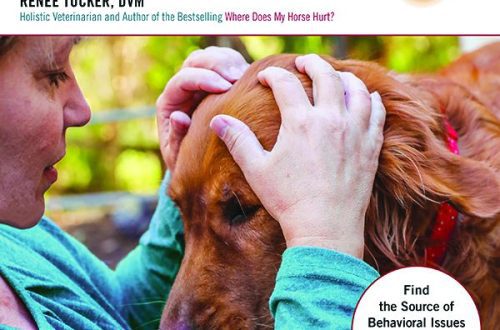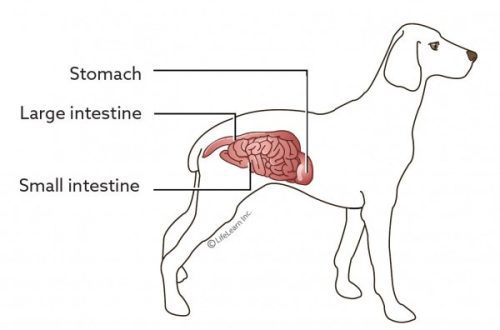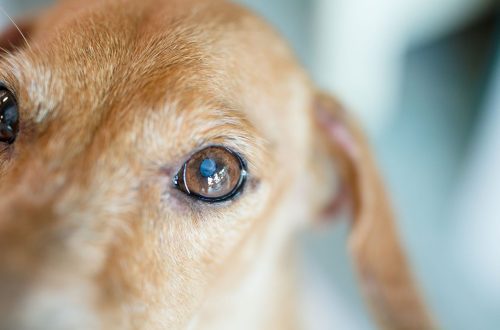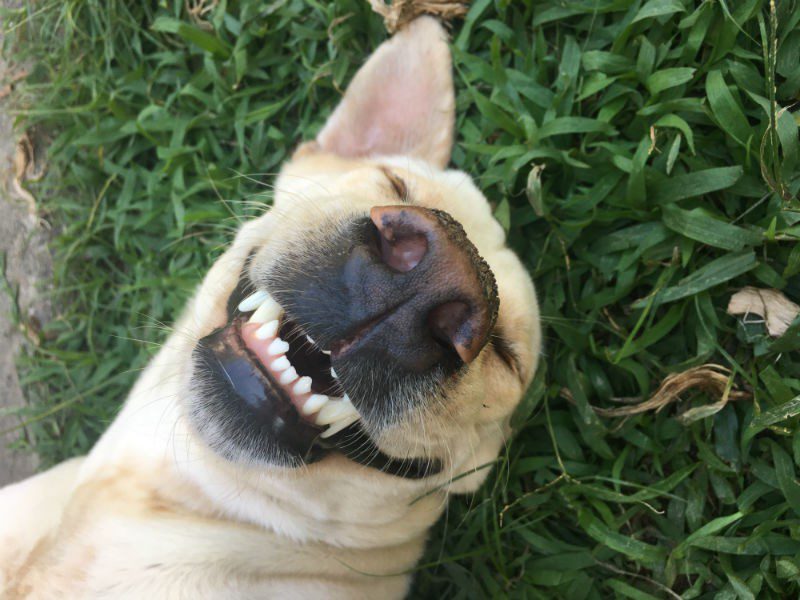
The dog lost a tooth. What to do?
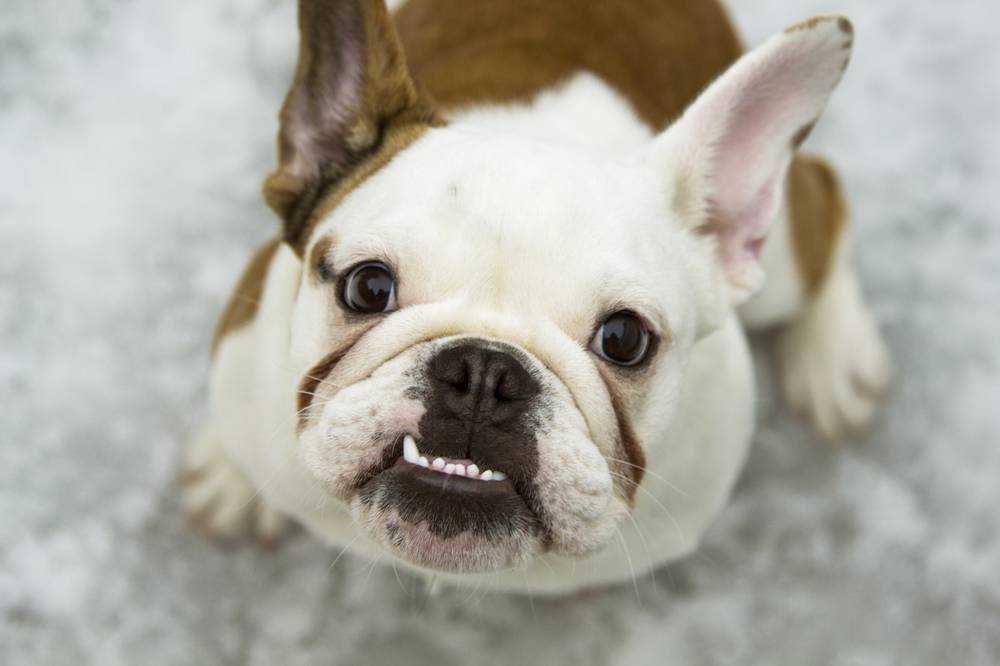
Many owners of adults, and more often old dogs, do not pay attention to the loss of their pet’s teeth, assuming that this is due to the age of the animal. However, there is no direct relationship between age and oral health. Rather, the numerous problems that accumulate in the body of the dog affect.
Contents
Causes of tooth loss:
Improper diet
Solid food must be present in the dog’s diet: with its help, the oral cavity is naturally cleared of food debris. A diet consisting only of soft (especially homemade) foods increases the formation of plaque on the teeth, which eventually turns into tartar. The latter is the cause of tooth loss.
Lack of proper load on the jaw
Sticks and bones are not just fun for the dog. With the help of hard toys, an optimal load on the animal’s jaw and its normal development is ensured. Without this, the teeth become weak, their incorrect position leads to the formation of plaque and calculus.
Diseases of the oral cavity
Stomatitis, gingivitis, periodontitis and other diseases are often the cause of a dog’s teeth falling out. They are accompanied by inflammation and bleeding of the gums, as well as bad breath.
Diseases not associated with the oral cavity
The state of the teeth is also affected by the processes occurring inside the body. Tooth loss can be the result of diseases such as beriberi, metabolic disorders, diseases of the liver and gastrointestinal tract, as well as the result of the presence of parasites.
There are a lot of reasons for tooth loss in a dog, which is why it is highly undesirable to treat the animal on your own. Only a specialist can determine the cause of the disease.
At the appointment, tell the veterinarian about the pet’s diet, its content, health status and habits.
To prevent the problem of tooth loss from recurring in the future, pay attention to preventive measures.
Prevention of tooth loss
Examine your pet regularly, especially if bad breath develops. If you own a toy breed dog (Spitz, Chihuahua, Yorkshire Terrier), this inspection should become a habit for you. It is believed that these dogs have a predisposition to diseases of the oral cavity.
See your veterinarian if you notice bleeding, gum disease, or loose teeth. These are the first signs of problems with the oral cavity.
Clean your dog’s teeth from plaque on your own using special toothpastes. It is recommended to do this daily, but at least once a week.
Have a dental checkup at least two to three times a year.
To ensure the load on the jaw, feed the dog solid food, indulge your pet with chewy treats and bones. Do not forget about vitamins: the diet should be balanced.
Healthy dog teeth are a matter of the animal’s quality of life. The loss of even 1-2 teeth can affect all processes in the body. That is why it is so important to monitor the condition of the pet’s oral cavity and diagnose the problem in time.
The article is not a call to action!
For a more detailed study of the problem, we recommend contacting a specialist.
Ask the vet
23 2017 June
Updated: January 17, 2021



